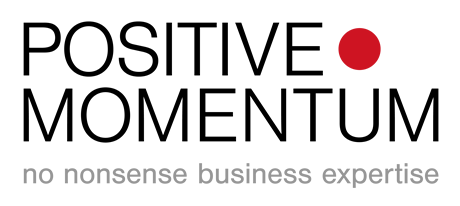I do a lot of business coaching and often when I’m approached, I’m asked; “How do I know if you’re the right coach for me?” I get it, it seems tricky as there are lots of really good coaches out there with very different qualifications and experience.
I’ve also been fortunate enough to have some great coaches in my C suite roles and throughout my career. In fact, I wouldn’t have made it to the C suite without being coached and, guess what, I still have a coach now.
Here are my top 5 things to consider when you’re thinking about hiring a business coach.
1. Make it personal
What makes you tick? Where do your personal priorities lie? Have you been asked about your personal story? Your future is currently connected to, and synced with your current business, but this will not always be the case. In my initial briefing conversations, I always ask about personal values, purpose and priorities.
Are you comfortable opening up to this coach and discussing your personal stuff in a transparent and exploratory way? If not, don’t hire them.
2. Shared experiences count
Significant experiences in our lives shape us. We discover our strengths and limitations. We learn new things. We clarify our values, needs and preferences. Sometimes past experiences can hold us back. Some experiences can take us in new, unexpected directions. I was a PE backed CFO and now I coach CFOs.
Has your prospective coach had similar experiences to you? Ask them.
3. Start with the end in mind
It is helpful at the outset to consider: What will success look like? What changes will be occurring if the coaching is successful? What do I need? I often find when I’m coaching that the initial objectives at the outset evolve during coaching conversations, but, as Stephen Covey said in his bestselling book, it is important to “start with the end in mind”.
Create a coaching ‘shopping list’ and then ask questions to assess the skills and suitability of your prospective coach.
4. Create a safe coaching space
Normally the company pays for the coaching program. Does this automatically entitle them to know what is being discussed? No. You need a safe space. Sure, feedback and alignment at the outset on objectives is important, but your coach should always have your back and keep discussions confidential unless agreed otherwise.
Will you be able to create a safe coaching space? Can I be myself?
5. Coaching = Investment
I mentioned at the start that there are lots of coaches with a range of different qualifications and experience. Always aim for the best coach your company can afford and avoid looking at a business coach solely from a price perspective. As with most things in life, you get what you pay for.
Think of your coaching as an investment, rather than a cost. It will generate a positive return for you and therefore for your company over a long period of time.








